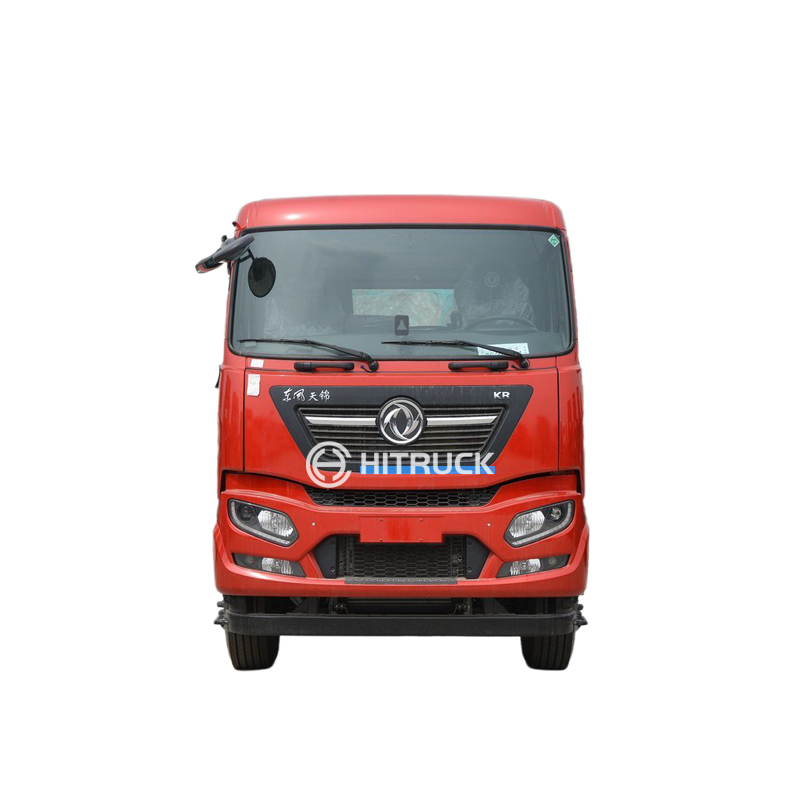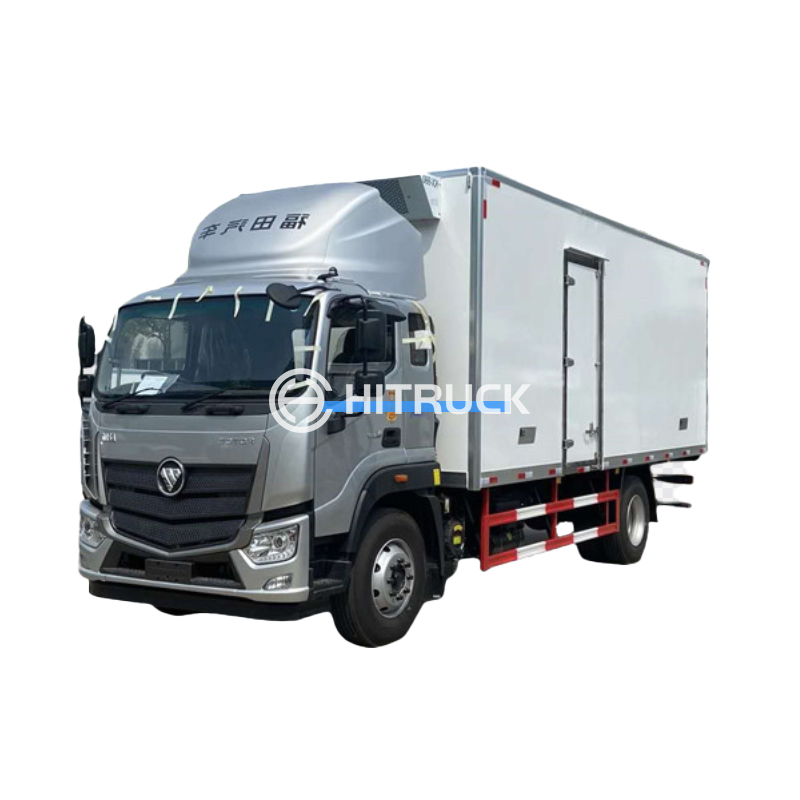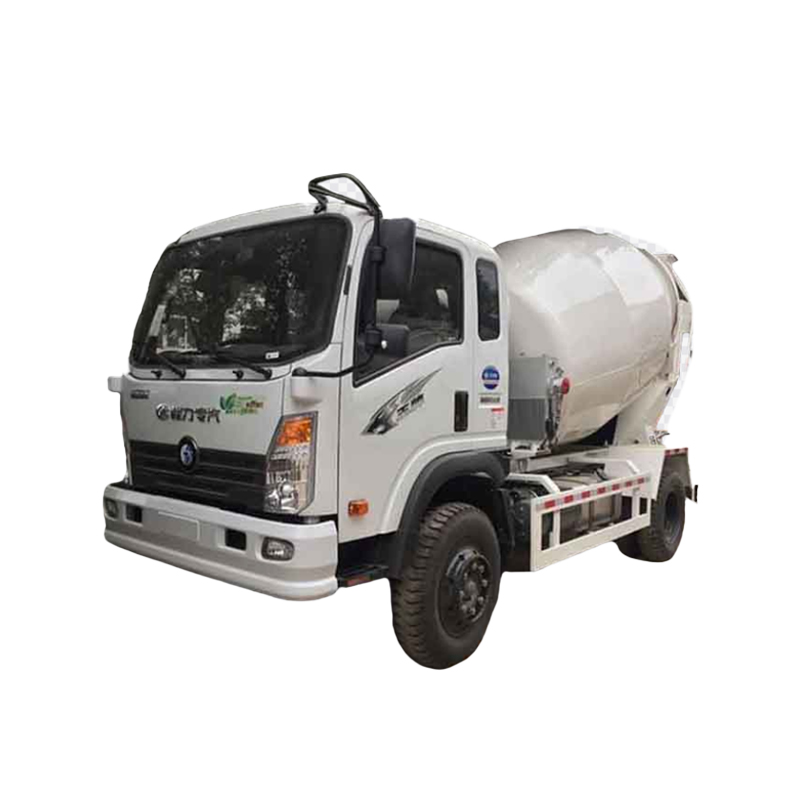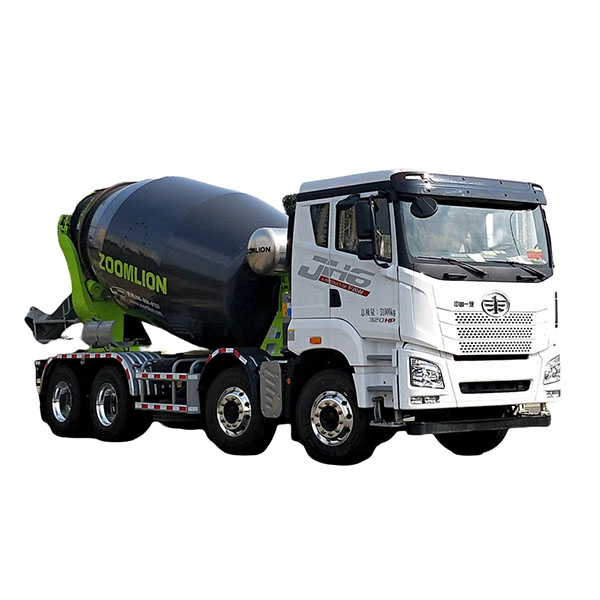This comprehensive guide dives deep into the exciting world of beach buggy car racing, covering everything from choosing the right vehicle to mastering racing techniques. We'll explore different buggy types, essential safety gear, popular racing locations, and tips to improve your performance on the sand. Learn how to navigate challenging terrain, optimize your buggy setup, and ultimately, become a champion racer!
The type of beach buggy car racing you plan to participate in will largely dictate the buggy you choose. For competitive racing, purpose-built buggies offer superior performance and handling. However, modified dune buggies or even well-maintained stock vehicles can be highly competitive in certain classes. Consider factors like engine power, suspension, and overall build quality when making your decision. Many enthusiasts find great success modifying existing vehicles to suit their needs and budget. Remember to check local racing regulations for permitted vehicle modifications and classes.
Regardless of the type of buggy you choose, certain features are crucial for successful beach buggy car racing. A robust suspension system is paramount for handling the uneven terrain. Powerful brakes are essential for maintaining control, especially at high speeds. Reliable engine performance and ample ground clearance are also vital for navigating challenging sand conditions. A well-maintained and properly tuned engine is key to performance. Before purchasing, research reviews from other racers to find out what modifications have proven most effective.
Driving on sand is drastically different than driving on paved surfaces. Maintaining momentum is key; aggressive braking can easily lead to getting stuck. Learn to use throttle control effectively and avoid sudden movements. Understanding how to use the available traction in different sand conditions is vital for success. Many experienced racers recommend practicing in a variety of sand conditions to hone your skills. Different types of sand – dry, wet, packed – will all present unique driving challenges.
Proper preparation is vital for a successful race day. Ensure your buggy is mechanically sound, and you've practiced your driving techniques extensively. Study the race track beforehand, identify potential obstacles, and develop a race strategy. Teamwork can significantly improve your chances of victory if you are racing as part of a team. Remembering to check weather conditions and adapt your strategy accordingly is important to success. Pit strategy, including tire changes and mechanical adjustments, can make or break a race.
Safety should always be your top priority when engaging in beach buggy car racing. Always wear a helmet, appropriate driving gloves, and protective clothing. A well-maintained roll cage is crucial to protect the driver in the event of an accident. A comprehensive first aid kit should always be kept within easy reach. Many racers choose fire extinguishers and communication devices for added safety and reassurance.
Before every race, perform a thorough vehicle inspection. Check tire pressure, fluid levels, and brake function. Ensure all safety equipment is in place and functioning correctly. A pre-race inspection checklist can help prevent last-minute problems, keeping you safe and focused on the competition. Regular maintenance and meticulous care will extend the life of your vehicle and improve performance on the sand.
Numerous locations worldwide offer thrilling beach buggy car racing experiences. Some popular destinations include beaches in California (USA), Florida (USA), and various coastal regions of Mexico and Australia. Remember to research local regulations and obtain necessary permits before participating in any race events. Each location offers unique track challenges and different sand conditions, making each race a unique and exciting experience. The availability of courses varies depending on the season, so research ahead of time is essential.
Consistent practice and participation in various races will significantly improve your skills. Seek feedback from experienced racers and consider attending training courses for advanced techniques. Regular vehicle maintenance and modifications based on your experience and learnings will also help to improve your performance on the track. Continuously improving your skills and knowledge is crucial for staying competitive.
| Type of Buggy | Pros | Cons |
|---|---|---|
| Purpose-Built | Superior performance, optimized for racing | High initial cost, specialized maintenance |
| Modified Dune Buggy | More affordable entry point, customizable | May require significant modifications, potential reliability issues |
Remember to always prioritize safety and adhere to all local regulations when participating in beach buggy car racing. For more information on purchasing high-quality vehicles, visit Suizhou Haicang Automobile sales Co., LTD.












